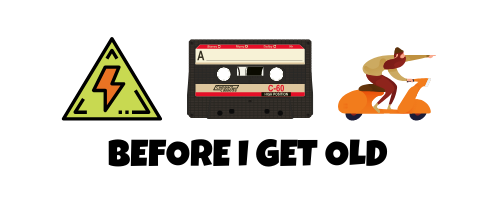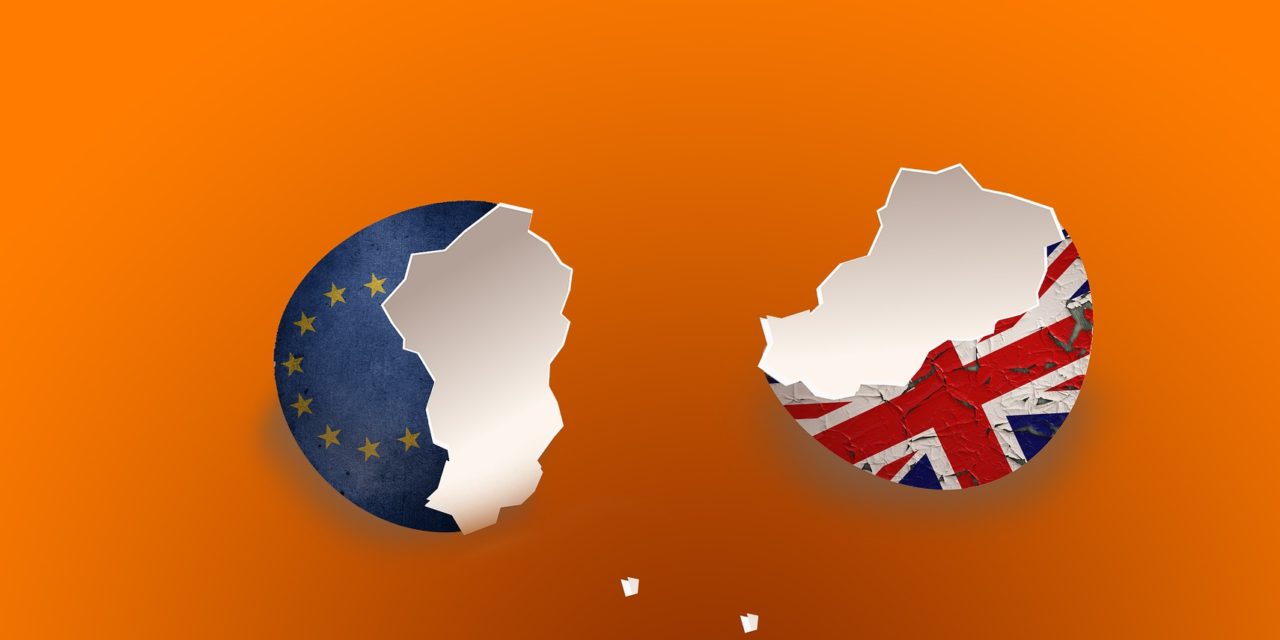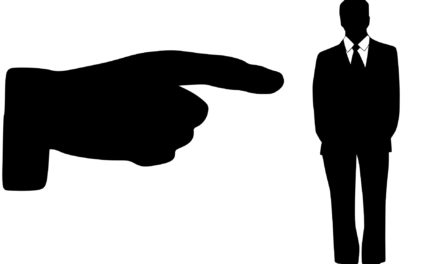“Everyone hates us and we don’t care.” Whether it was football, music, fashion or how you got around… if you grew up in a working-class landscape in the 1970s or 80s tribalism was a massive part of your life.
Not quite a gang, a tribe is harder to define, easier to join and more likely to last a lifetime. No one who watches football for the breathtaking skills or high-drama would, in their right mind declare being ‘Huddersfield till I die’ but get yourself in the middle of their crowd on Saturday afternoon and you’ll find tens of thousands of otherwise rational humans singing just that. And more. Scunthorpe Utd fans, in their hundreds will sing loud and proud every Saturday that theirs is ‘the greatest football team the world has ever seen.’ And boy, do they mean it.
Better than that are the mid-life mods whose mid-rif (should that be a mod-rif?) has become a max-rif, or the sixty-something skinheads or hairless headbangers, still defined by the tribe they joined as a teenager. Tribalism matters and right now, it matters more than ever. If you want to understand what underpins Brexit and its predominantly ageing supporters, take a look back to the glory days of teenage tribalism.
Brexit gives a generation for whom belonging matters a clear-cut ‘either…or’ side of the street to stand on and shout rude names across the cobbles. And rule one of being in a tribe is that the only voice that matters is the sound of your particular crowd.
Brexit has managed what mainstream politics never could. It has slogans and a language all of its own. Simple-but-highly-visualised definitions like ‘remoaner’ or ‘gammon’ and smart understanding of the difference between how social media and the mainstream media works built two new tribes that captured most of the UK. Tribal loyalty brings a willingness to play fast and loose with the truth, which brought political engagement to parts of society that selling-off council houses or starting wars in the middle east couldn’t ever dream of.
And for a generation of university-educated professional politicians, sheltered in pre-political careers on the eighteenth floor of an investment bank or corporate law firm, with no connection to the real world of their constituents, this tribal loyalty is confusing and terrifying. Because they (even after all this time) still see Brexit as a political challenge, to be discussed in terms of GDP, RPI pol-i-cy and arguments to be won, not a tribal one. For much of the current generation of politicians (on both sides of the house), their only encounter with tribalism was which college you were part of at Oxford or Cambridge.
As recently as 2012 or perhaps later – not that far ahead of the EU referendum – no one outside of the far-right Conservatives and UKIP gave a monkey’s about the EU. Pre-referendum there was almost nothing on social media about leaving, no coherent movement and certainly no ‘voice of the people’ outside of those communities in East Anglia, Lincolnshire and parts of the north East where large communities of Eastern European migrants had settled post-2000.
The genius of the Leave campaign was that it created a tribe of ‘us’ – the disenfranchised, forgotten backbone. Salts of the earth being forced to pay for the mistakes of the uncaring metropolitan rich etc. The message was simple, bolstered by the bonus-misery of being shafted from above by the uncaring Etonians and below by those pesky Europeans stealing ‘your’ jobs, benefits and place in the queue at the doctor.
Tribe ‘Them’ were personified by David Cameron, George Osbourne and their despicable, uncaring ‘Children of Thatcher’ (that phrase, coined by William Hague, still makes me shiver) chums. Happy to decimate communities with austerity and welfare cuts in a way that even The Iron Lady wouldn’t have dared.
And following the referendum, the divisions became even greater. As the arguments and soundbites for leaving unravelled, the tribalism became more important. The technical term is cognitive dissonance – where people adapt and perceive a situation very differently from reality in order to reinforce their beliefs – and cognitive dissonance applied to both tribes of Brexit. The remainers believed they had won the argument but were turned over by villainous dark forces and fooled themselves (still do) that the leavers would switch sides. The leavers saw it differently. ‘Everyone says we’re stupid, but we don’t care,’ as they probably sang at the Milwall Leavers coffee morning and bingo.
Talk to a psychologist and they’ll tell you how one of the defining behaviours of a controlling person is to present themselves as a victim. In a similar way, the best and closest tribes become closer and stronger through being put-upon and victimised.
It’s all too easy to be wise after the event, but the weeks and months following the referendum only served to make a bad situation worse. Triggering Article 50 before agreeing to a solution for the Irish Border was probably the biggest mistake, but no one on either side seemed to even be aware there was an Irish problem until the EU negotiators mentioned it.
Leaving the EU with or without a deal won’t take the tribalism away, but making the break will at least allow people to start to move on and work out what the new world will look like, how we can adapt and what will be required to make the most of it. Britain can go back to ignoring the rest of Europe just like it always did since time began.
Because the truth is that for most Brits, regardless of tribe, we’ve never been in Europe anyway. No one likes us and we don’s care. And, as some wise wag said recently, ‘If you can name your European Member of Parliament, then you are almost certainly your European Member of Parliament.’
If anybody wants me I’ll be cheering on Huddersfield Town.










